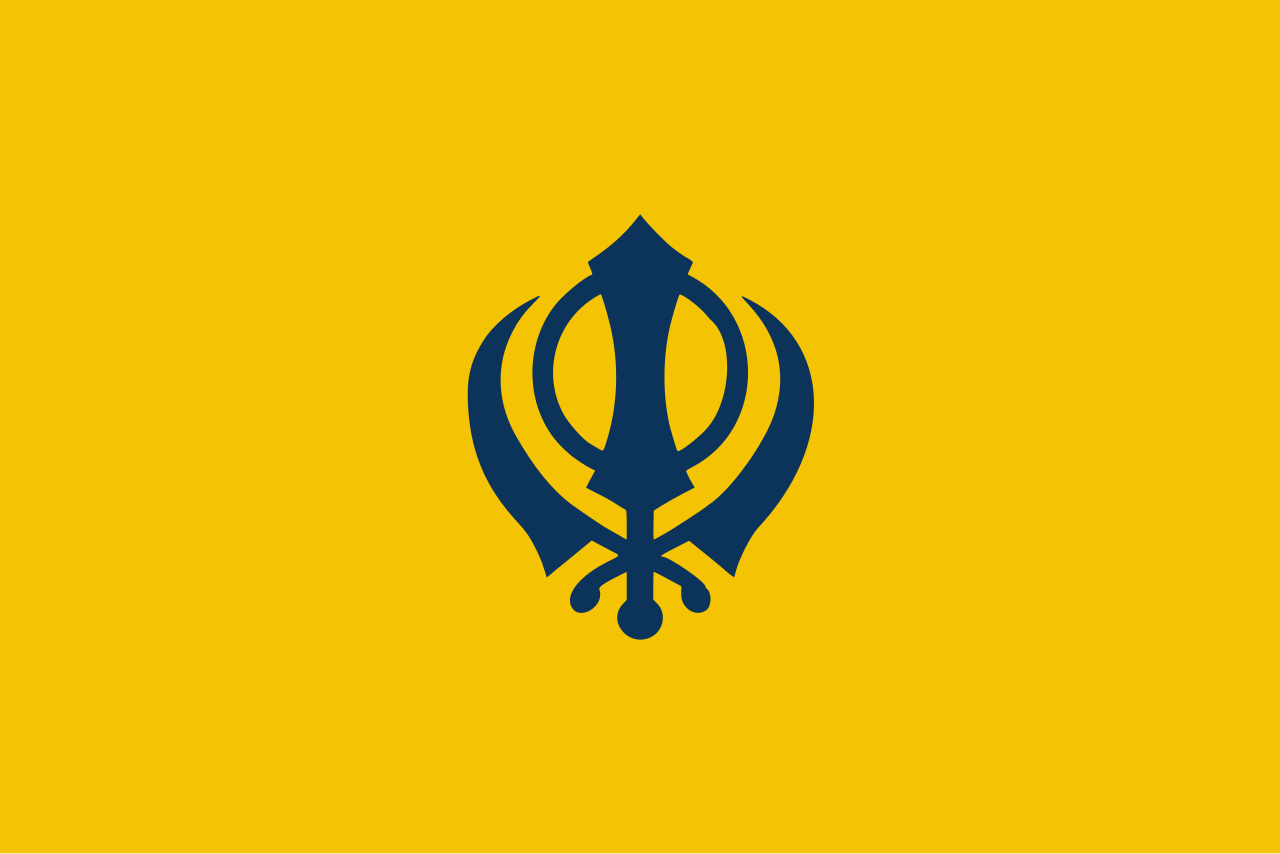
India’s alleged involvement in assassination plots on foreign soil, such as the charges against RAW officer Vikash Yadav for conspiring to kill Gurpatwant Singh Pannun, underscores an alarming shift in its foreign policy strategy. Under the Modi-led government, India has transitioned from being a regional power with global aspirations to a state accused of exporting authoritarianism. By leveraging its intelligence agencies to suppress dissent abroad, India advances its Hindutva-driven nationalist agenda, threatening not only regional stability but also the democratic principles that underpin global diplomacy.
The Khalistan movement, advocating for Sikh self-determination, is a legitimate struggle recognized under international law. However, India persistently brands it as terrorism, distorting its true essence to justify oppressive policies. This deliberate framing serves dual purposes: distracting from India’s domestic failures and providing a veneer of justification for its actions against Sikhs. Gurpatwant Singh Pannun, a prominent voice for Khalistan and a U.S.-based activist, is among the many individuals targeted by this narrative. Despite operating within the legal frameworks of the United States, Pannun has been vilified as a terrorist by the Indian state, revealing its intent to criminalize dissent rather than address the root causes of the movement.
The indictment of RAW officer Vikash Yadav by U.S. authorities highlights the agency’s troubling role in covert operations aimed at silencing dissent. RAW’s involvement in planning Pannun’s assassination on American soil underscores India’s willingness to breach international norms and undermine the sovereignty of other nations. This incident is not isolated but part of a broader pattern of extrajudicial actions targeting Sikh activists worldwide. The successful intervention by U.S. intelligence agencies to foil the plot underscores the gravity of the threat posed by India’s covert operations and raises questions about its global agenda.
India’s covert actions have instilled fear among diaspora communities, particularly Sikhs. These operations not only threaten the safety of activists but also undermine the principles of democracy and free expression. The use of state machinery to target dissent abroad reflects a dangerous trend that democracies worldwide must address.
India’s actions have ignited diplomatic crises, most notably with Canada. The assassination of Canadian citizen Hardeep Singh Nijjar has led to an unprecedented standoff between the two countries. Canada’s decision to label India as a cyber threat, citing a 400% surge in cyberattacks traced back to Indian networks, further reveals the technological dimensions of India’s aggression. These actions not only strain bilateral relationships but also damage India’s credibility as a responsible global actor.
The fallout extends to the United States, where RAW’s alleged role in targeting activists has put the India-U.S. relationship under strain. Washington’s concerns about India’s actions highlight the risks associated with New Delhi’s reliance on covert operations to address its political and ideological objectives.
At the heart of India’s aggressive foreign policy lies the strategic duo of National Security Advisor Ajit Doval and Home Minister Amit Shah. Their policies, characterized by covert operations and authoritarian measures, aim to consolidate Hindutva ideology domestically while suppressing dissent abroad. However, this approach has had severe repercussions, including international isolation, strained diplomatic relations, and a tarnished global reputation.
India’s actions abroad extend beyond silencing dissent to promoting its Hindutva ideology. Targeting minority communities, particularly Sikhs, is part of a broader agenda to enforce a narrow nationalist vision. By exporting its ideological framework, India not only threatens democratic values but also fosters instability within diaspora communities worldwide.
India’s covert actions, including spying, cyber operations, and extrajudicial killings, pose significant risks to global security. These activities undermine international norms and challenge the principles of democracy and human rights. Democracies worldwide must confront this authoritarian shift to protect activists, uphold the rule of law, and maintain the integrity of global governance structures.
To counter India’s authoritarian shift, Western democracies must adopt a unified approach. This includes prioritizing the protection of activists, enforcing stringent cyber regulations, and holding India accountable for its actions. By addressing these challenges, the global community can ensure that democratic values prevail over authoritarian tendencies.
India’s alleged assassination plots and covert operations reveal a troubling disregard for democratic values and international norms. To counter this threat, the global community must prioritize accountability, enforce strict cyber regulations, and protect diaspora communities. By holding India accountable, democracies can send a clear message that state-sponsored terrorism has no place in the modern world.
